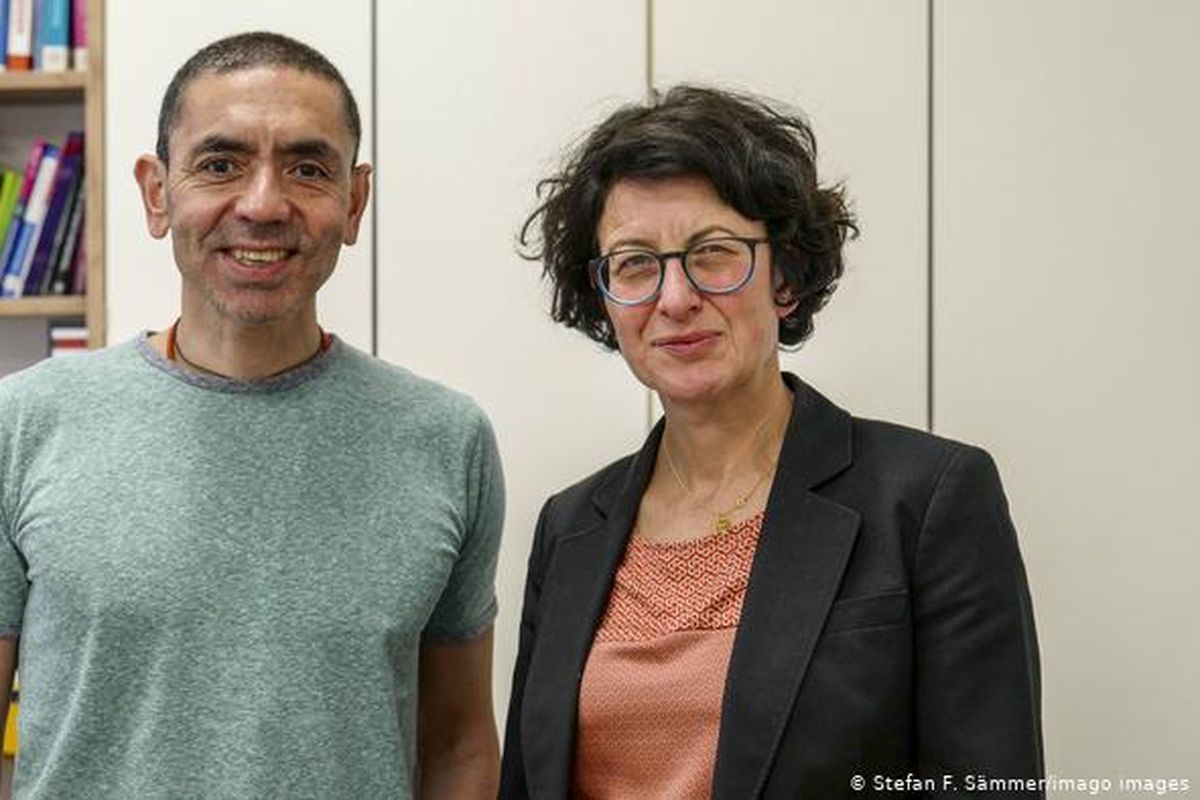

She was fond of myths and legends, particularly Norse mythology, and of Native American legends that her father would narrate. Le Guin's reading included science fiction and fantasy: she and her siblings frequently read issues of Thrilling Wonder Stories and Astounding Science Fiction. The family divided its time between a summer home in the Napa Valley, and a house in Berkeley during the academic year. The Kroeber family had a number of visitors, including well-known academics such as Robert Oppenheimer Le Guin would later use Oppenheimer as the model for Shevek, the physicist protagonist of The Dispossessed. The family had a large book collection, and the siblings all became interested in reading while they were young. Le Guin had three older brothers: Karl, who became a literary scholar, Theodore, and Clifton. Among her works was Ishi in Two Worlds (1961), a biographical volume about Ishi, an Indigenous American who became the last known member of the Yahi tribe after the rest of its members were killed by white colonizers.

Le Guin's mother, Theodora Kroeber (born Theodora Covel Kracaw), had a graduate degree in psychology, but turned to writing in her sixties, developing a successful career as an author. Her father, Alfred Louis Kroeber, was an anthropologist at the University of California, Berkeley. Le Guin was born Ursula Kroeber in Berkeley, California, on October 21, 1929. Life Childhood and education Ursula's father, Alfred Kroeber, with Ishi, the last of the Yahi people (1911) After her death in 2018, critic John Clute wrote that Le Guin had "presided over American science fiction for nearly half a century", while author Michael Chabon referred to her as the "greatest American writer of her generation". Le Guin influenced many other authors, including Booker Prize winner Salman Rushdie, David Mitchell, Neil Gaiman, and Iain Banks. Library of Congress named her a Living Legend in 2000, and in 2014, she won the National Book Foundation Medal for Distinguished Contribution to American Letters. She received numerous accolades, including eight Hugos, six Nebulas, and twenty-two Locus Awards, and in 2003 became the second woman honored as a Grand Master of the Science Fiction and Fantasy Writers of America. Le Guin's writing was enormously influential in the field of speculative fiction, and has been the subject of intense critical attention.

She explored alternative political structures in many stories, such as in the philosophical short story " The Ones Who Walk Away from Omelas" (1973) and the anarchist utopian novel The Dispossessed (1974). Social and political themes, including race, gender, sexuality, and coming of age were prominent in her writing. Le Guin often subverted typical speculative fiction tropes, such as through her use of dark-skinned protagonists in Earthsea, and also used unusual stylistic or structural devices in books such as the experimental work Always Coming Home (1985). Many of her stories used anthropologists or cultural observers as protagonists, and Taoist ideas about balance and equilibrium have been identified in several writings. Several more works set in Earthsea or the Hainish universe followed others included books set in the fictional country of Orsinia, several works for children, and many anthologies.Ĭultural anthropology, Taoism, feminism, and the writings of Carl Jung all had a strong influence on Le Guin's work. For the latter volume, Le Guin won both the Hugo and Nebula awards for best novel, becoming the first woman to do so. She began writing full-time in the late 1950s and achieved major critical and commercial success with A Wizard of Earthsea (1968) and The Left Hand of Darkness (1969), which have been described by Harold Bloom as her masterpieces. Having earned a master's degree in French, Le Guin began doctoral studies but abandoned these after her marriage in 1953 to historian Charles Le Guin. Le Guin was born in Berkeley, California, to author Theodora Kroeber and anthropologist Alfred Louis Kroeber. Le Guin said she would prefer to be known as an "American novelist".

Frequently described as an author of science fiction, Le Guin has also been called a "major voice in American Letters". She was first published in 1959, and her literary career spanned nearly sixty years, producing more than twenty novels and over a hundred short stories, in addition to poetry, literary criticism, translations, and children's books. Ursula Kroeber Le Guin (née Kroeber / ˈ k r oʊ b ər l ə ˈ ɡ w ɪ n/ KROH-bər lə GWIN Octo– January 22, 2018) was an American author best known for her works of speculative fiction, including science fiction works set in her Hainish universe, and the Earthsea fantasy series.


 0 kommentar(er)
0 kommentar(er)
